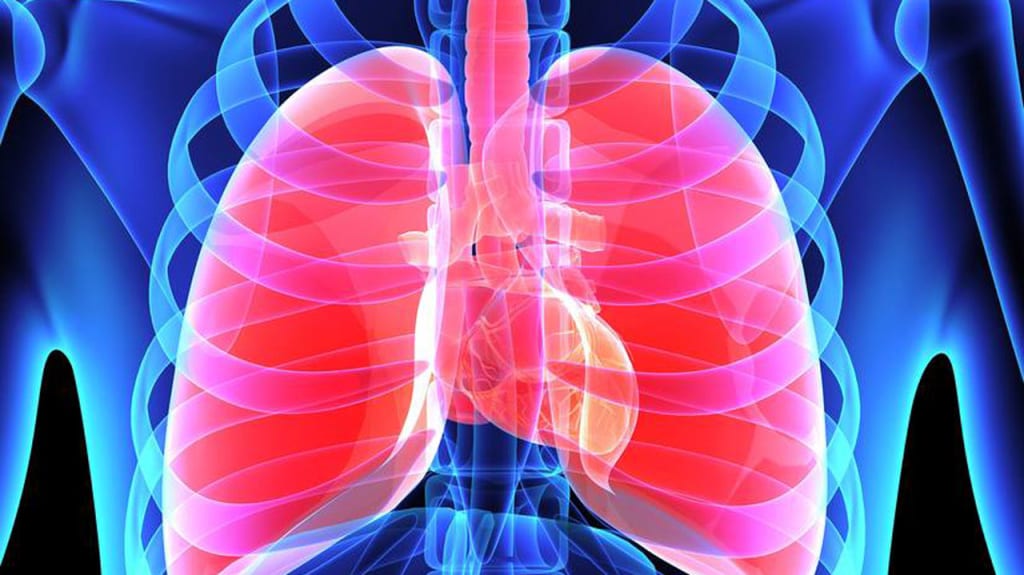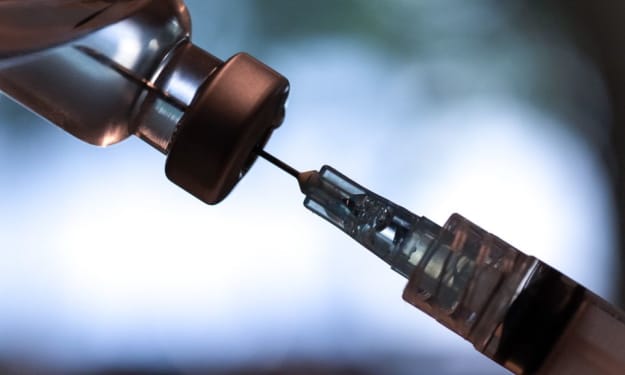
Physical activity and upper respiratory tract infections (URTIs) are two important aspects of health that are often discussed in public health discourse. Regular physical activity is known to have numerous health benefits, including improved cardiovascular health, better mental health, and reduced risk of chronic diseases like obesity and type 2 diabetes. On the other hand, URTIs are common illnesses that can cause symptoms like coughing, sneezing, and sore throat, and can be spread through the air or through contact with contaminated surfaces.
Studies have shown that physical activity can help reduce the incidence and severity of URTIs. Regular physical activity has been found to boost the immune system, helping the body to fight off infections more effectively. This is thought to be due to the increased circulation of immune cells throughout the body, which can help to quickly detect and respond to potential infections. Physical activity has also been shown to reduce stress levels, which can also have a positive impact on the immune system and help to prevent URTIs.
However, it is also important to be mindful of the type and intensity of physical activity, as over-exertion and intense exercise can have the opposite effect, actually suppressing the immune system and making the body more susceptible to URTIs. It is generally recommended to engage in moderate physical activity for at least 30 minutes per day, five days per week, in order to reap the benefits for immune function.
In conclusion, physical activity can play a valuable role in reducing the incidence and severity of URTIs. Regular moderate physical activity is recommended for optimal health and wellness, but it is important to be mindful of over-exertion, which can have a negative impact on the immune system. To avoid getting sick and to maximize the benefits of physical activity, it is important to adopt a healthy lifestyle, including a balanced diet and good hygiene practices, in addition to regular exercise.
Preventing upper respiratory tract infections (URTIs) while participating in physical activity requires a combination of good hygiene practices and healthy lifestyle habits. Here are some steps to follow:
Wash your hands frequently: Wash your hands before and after exercising, and after touching shared equipment or surfaces.
Stay hydrated: Drink plenty of water before, during, and after exercise to keep your mucous membranes moist and help flush out any potential pathogens.
Avoid close contact with sick people: If someone near you is sick, try to keep a distance of at least six feet.
Wear a face mask: Wearing a face mask during physical activity can help reduce the spread of respiratory droplets and lower your risk of infection.
Avoid touching your face: Touching your eyes, nose, or mouth can transfer germs from your hands to your upper respiratory tract, so try to avoid touching your face as much as possible.
Avoid over-exertion: Over-exertion can suppress the immune system, making you more susceptible to URTIs. It is recommended to engage in moderate physical activity for at least 30 minutes per day, five days per week.
Get enough sleep: A lack of sleep can weaken the immune system, so it is important to get enough rest and follow a regular sleep schedule.
Eat a healthy diet: A diet rich in fruits, vegetables, and other nutrient-dense foods can help boost the immune system and prevent URTIs.
In conclusion, by following these steps, you can reduce your risk of contracting URTIs while participating in physical activity. It is important to remember that these measures are not a guarantee, but they can help lower your risk and keep you healthy.





Comments
There are no comments for this story
Be the first to respond and start the conversation.